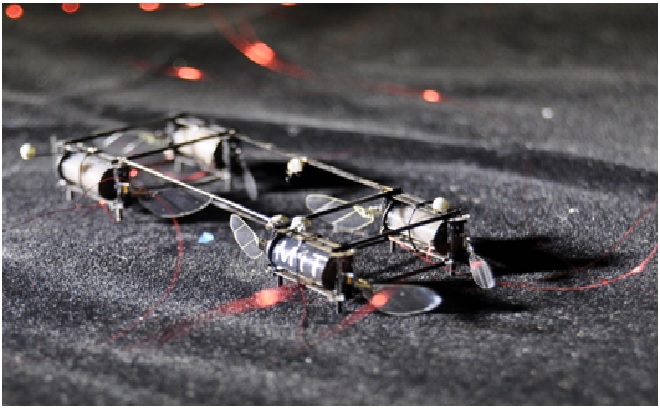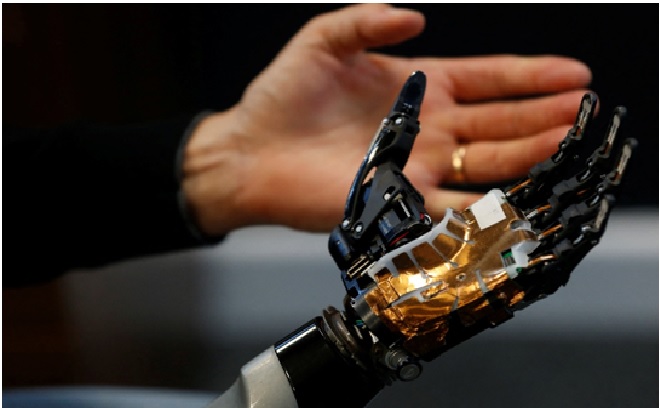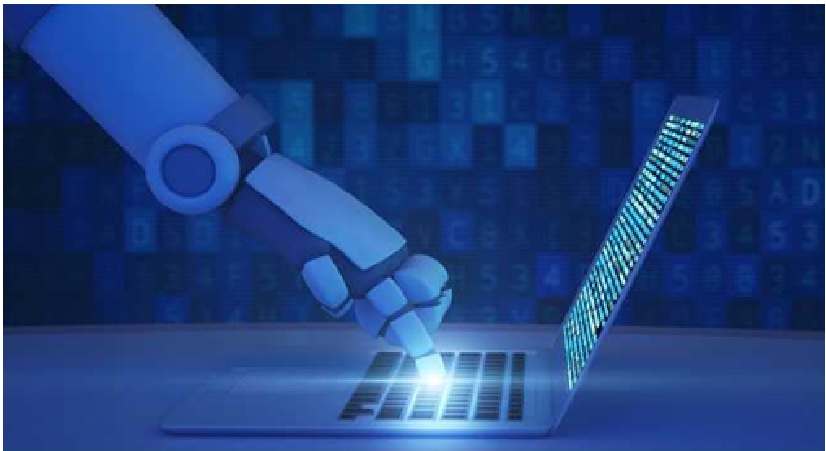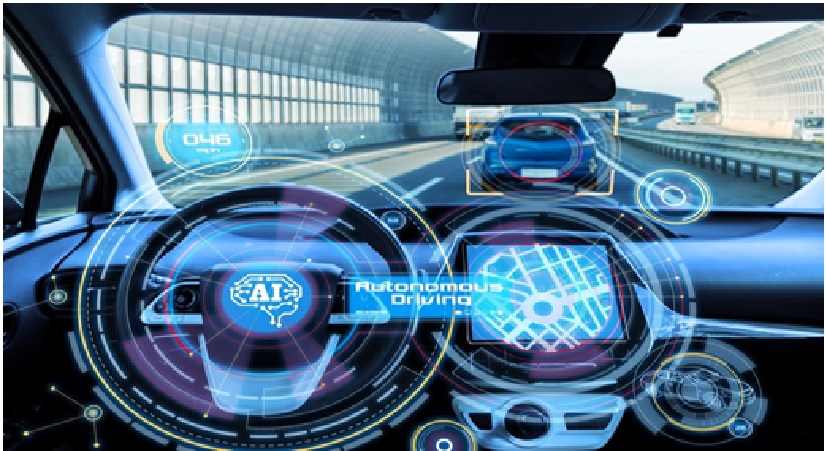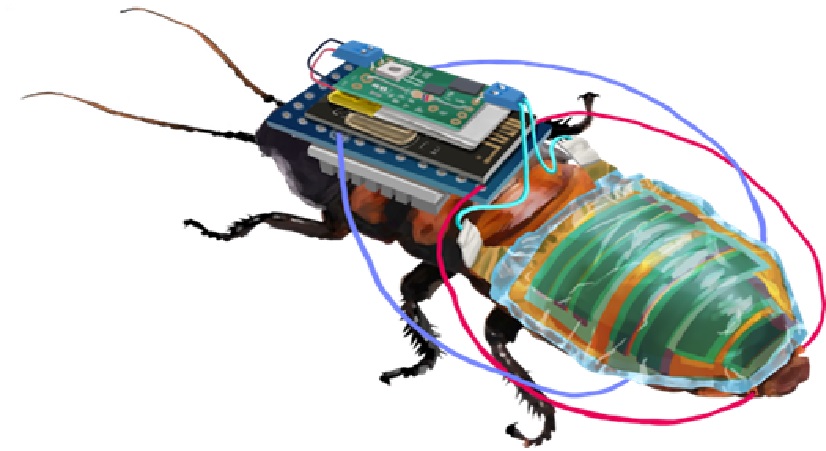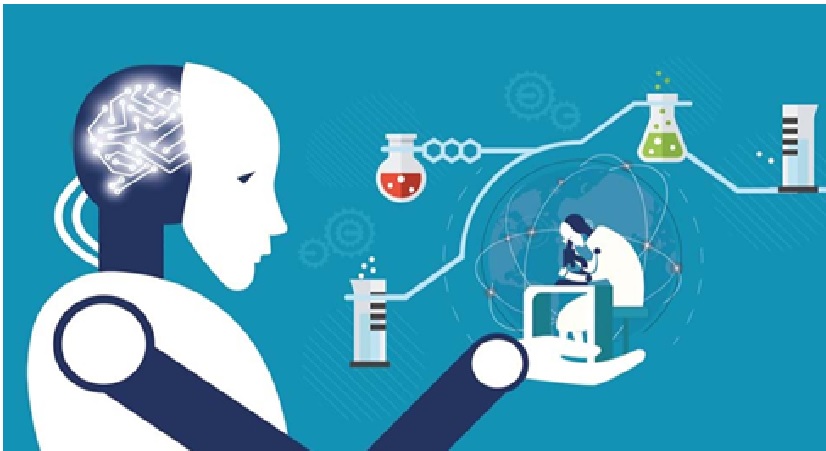Robots can be used to assess children's mental wellbeing
Robots can be better at detecting mental wellbeing issues in children than parent-reported or self-reported testing, a new study suggests.A team of roboticists, computer scientists and psychiatrists from the University of Cambridge carried out a study with 28 children between the ages of eight and 13, and had a child-sized humanoid robot administer a series of standard psychological questionnaires to assess the mental wellbeing of each participant.
The children were willing to confide in the robot, in some cases sharing information with the robot that they had not yet shared via the standard assessment method of online or in-person questionnaires. This is the first time that robots have been used to assess mental wellbeing in children. [1]
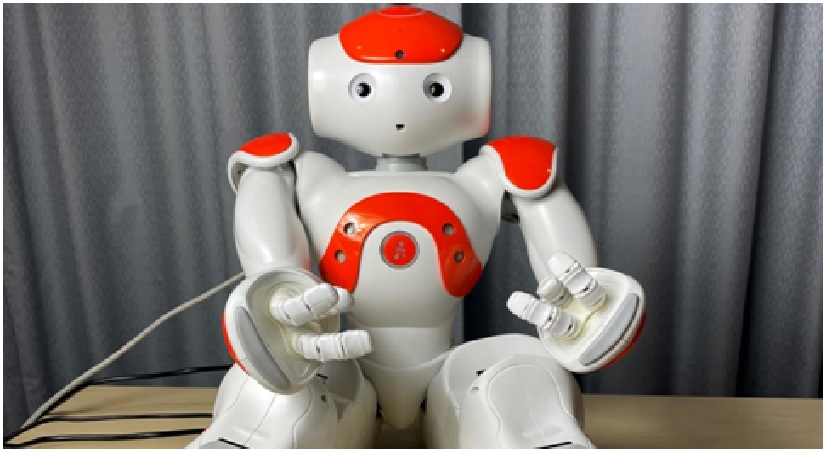
Figure 1. Robots can be used to assess children's mental wellbeing
Figure 1 shows during the COVID-19 pandemic, home schooling, financial pressures, and isolation from peers and friends impacted the mental health of many children. Even before the pandemic however, anxiety and depression among children in the UK has been on the rise, but the resources and support to address mental wellbeing are severely limited. [2]
Designing robots to assess children’s mental wellbeing
The participants took part in a one-to-one 45-minute session with a Nao robot – a humanoid robot about 60 cm tall. Before this meeting, the children and their parents or guardian completed a standard online questionnaire about the children’s mental well-being. Then, a parent or guardian and the researchers observed the children from another room whilst they spent time with the robot.
During each session, the robot performed four different tasks:
- Asked open-ended questions about happy and sad memories over the last week;
- Administered the Short Mood and Feelings Questionnaire (SMFQ);
- Administered a picture task inspired by the Children’s Apperception Test (CAT), where the children answered questions related to the imagery;
- Administered the Revised Children’s Anxiety and Depression Scale (RCADS) for generalised anxiety, panic disorder and low mood. [3]
The researchers say that while their results show that robots could be a useful tool for psychological assessment of children, they are not a substitute for human interaction.
The researchers say that they hope to expand their survey in future, by including more participants and following them over time. They are also investigating whether similar results could be achieved if children interact with the robot via video chat. [4]
References:
- https://comeisamay.com/new-ai-enables-autonomous-vehicles-to-adapt-to-challenging-weather-conditions/
- https://bezalela.com/new-ai-enables-autonomous-vehicles-to-adapt-to-challenging-weather-conditions/
- https://chongsoowon.com/new-ai-enables-autonomous-vehicles-to-adapt-to-difficult-weather-conditions/
Cite this article:
Thanusri swetha J (2022), Robots can be used to assess children's mental wellbeing, AnaTechMaz, pp.173




